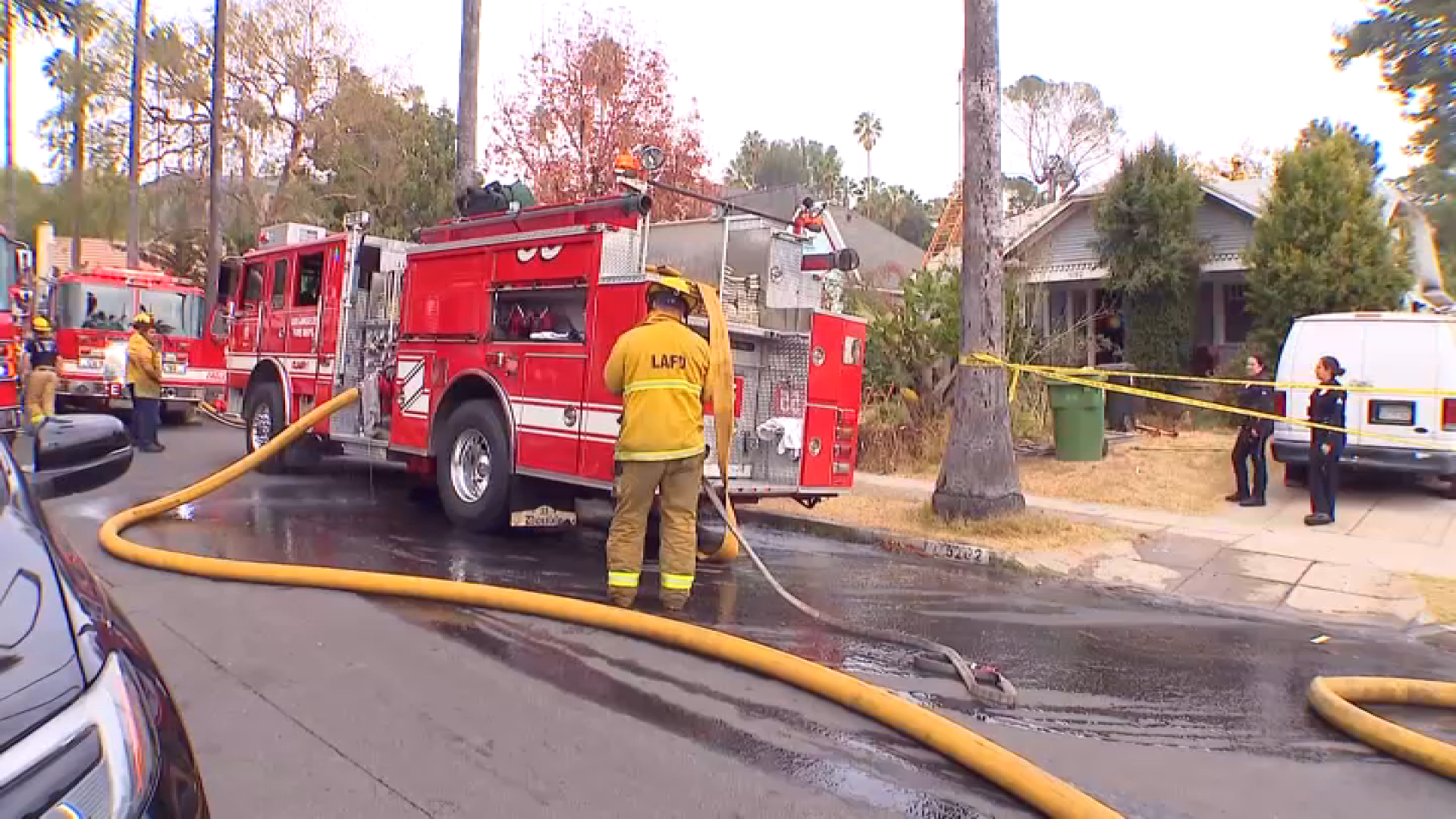The little Mars helicopter that could.
NASA's Ingenuity helicopter ends its mission on Mars after sustaining damage to its rotor blades during a landing.
The helicopter's historic journey was only expected to complete five experimental flights over 30 days but flew through the Red Planet for three years.
In a mission that would last over 1,000 Martian days, Ingenuity completed 72 flights.
Get top local stories in Southern California delivered to you every morning. >Sign up for NBC LA's News Headlines newsletter.
The vessel landed on Mars on Feb. 18, 2021, attached to the Perseverance rover. Ingenuity was designed as a technology demonstration to show that controlled flight on Mars was possible.
The controlled flights also functioned as an aerial scout for the Perseverance rover and helped further scientists' knowledge of Mars aerodynamics.
“At NASA JPL, innovation is at the heart of what we do,” said Dr. Laurie Leshin, director at NASA's JPL in Southern California. “Ingenuity is an exemplar of the way we push the boundaries of what’s possible every day. I’m incredibly proud of our team behind this historic technological achievement and eager to see what they’ll invent next.”
Local
The helicopter achieved a maximum altitude of 40 feet, hovering for 4.5 seconds before descending.
During Ingenuity's last flight, it lost contact with the Perseverance rover, which serves as a communications relay for the rotors.
Ground controllers at NASA JPL could see through imagery when communications were reestablished that more than one of its rotor blades were damaged.
While this marks the end of an era for Ingenuity, NASA officials say the mission was more than a success and showed them the possibilities of what can be done on the Red Planet.
“That remarkable helicopter flew higher and farther than we ever imagined and helped NASA do what we do best, make the impossible, possible. Through missions like Ingenuity, NASA is paving the way for future flight in our solar system and smarter, safer human exploration to Mars and beyond,” said NASA Administrator Bill Nelson.



